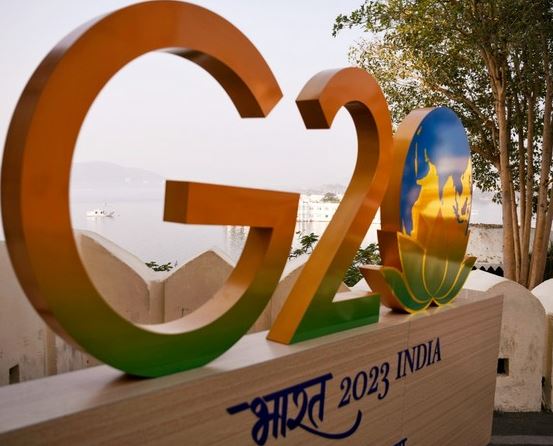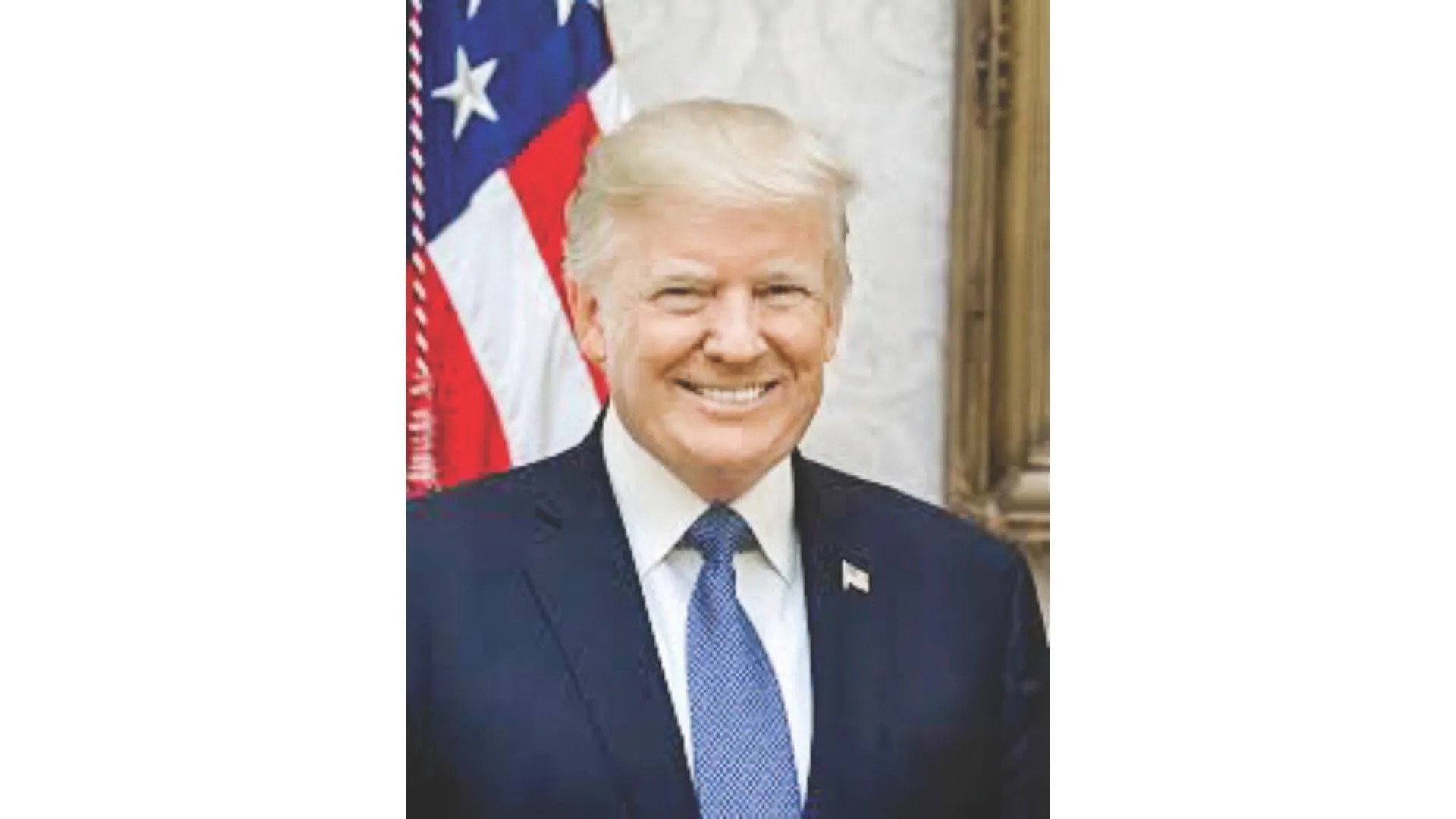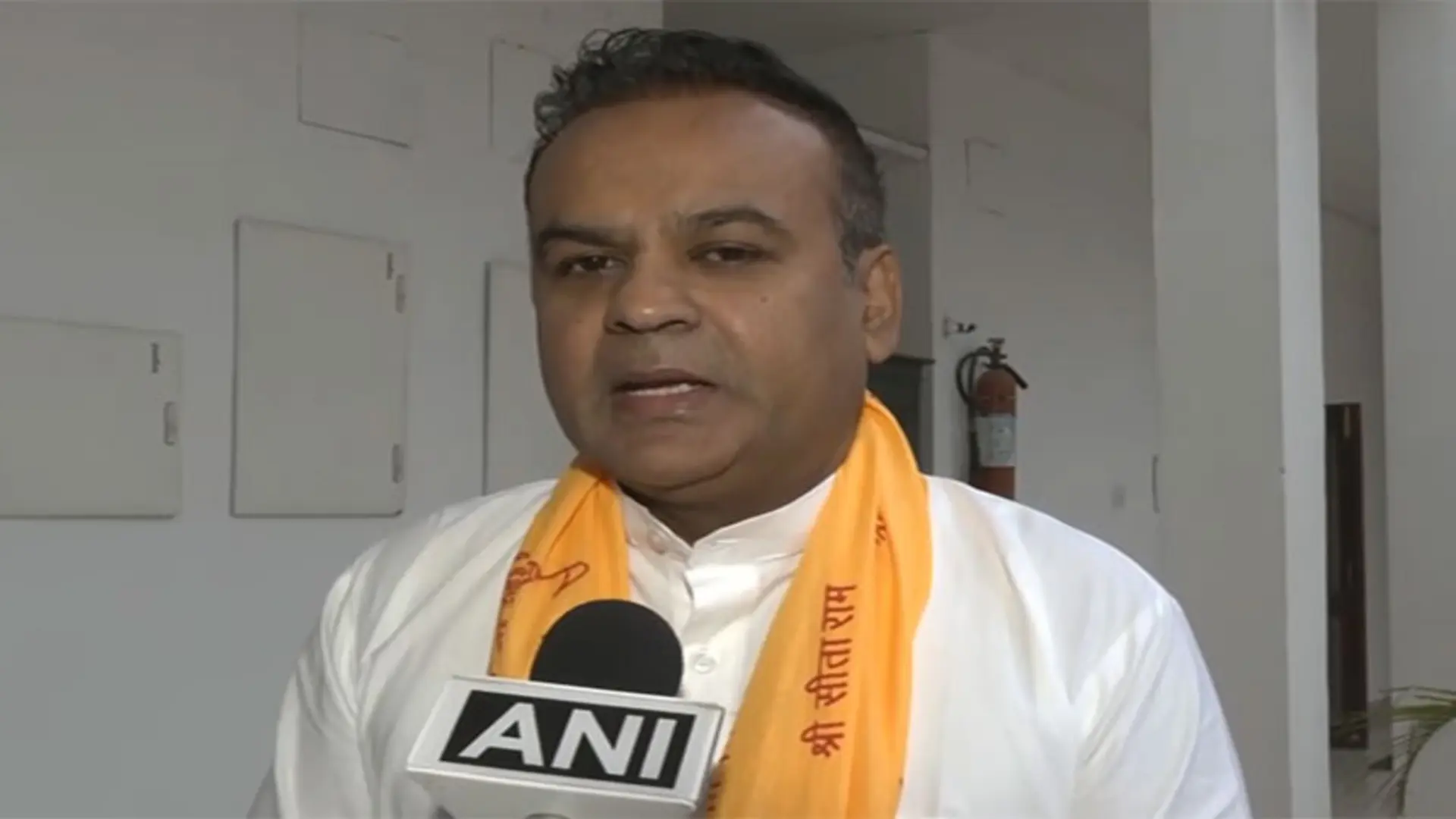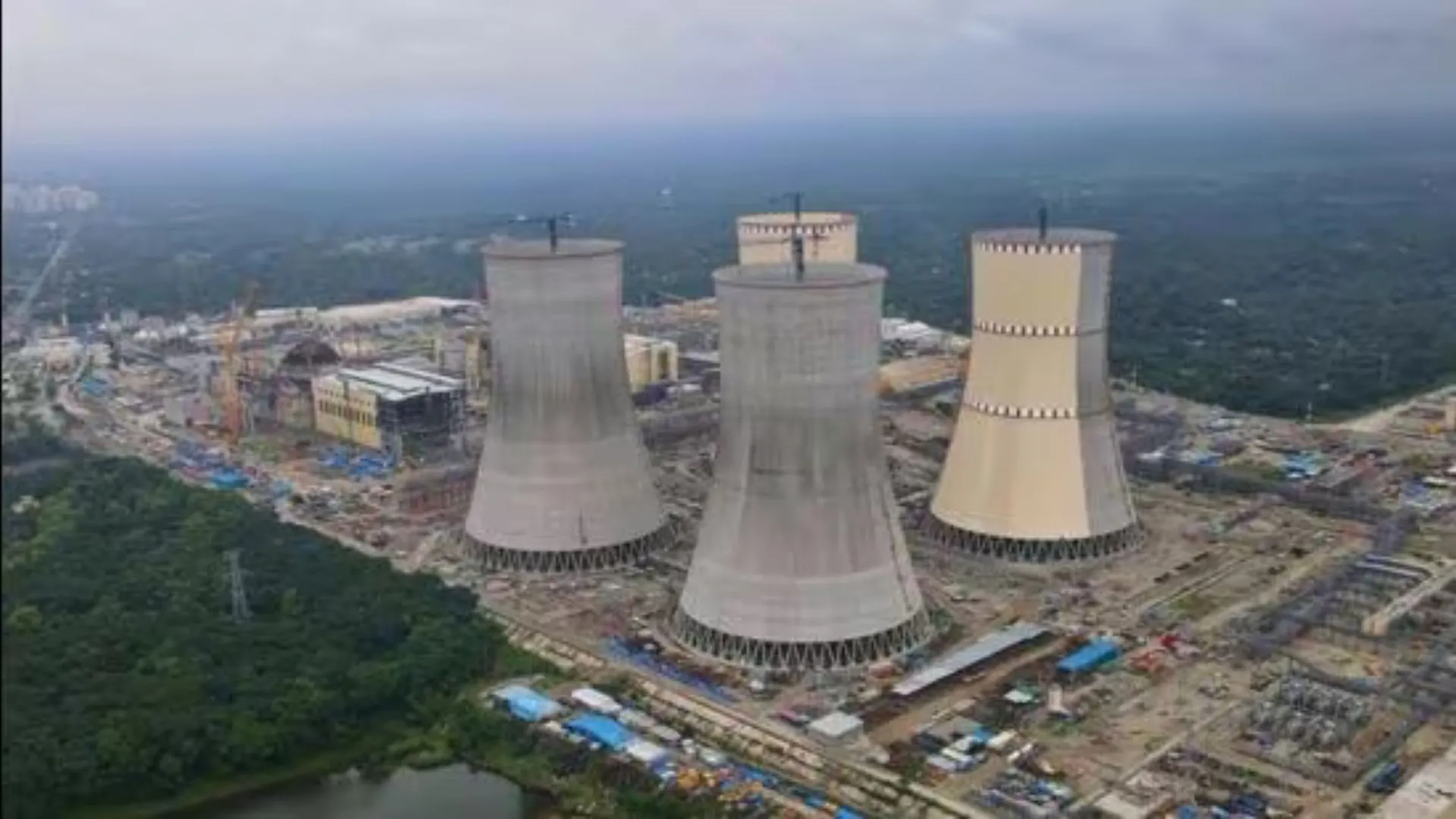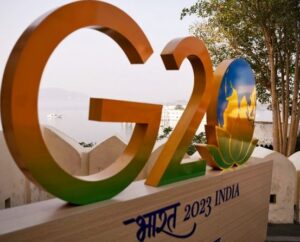Thursday marks the end of India’s year-long G20 presidency, with Brazil taking over from 1 December. A look back at the year gone by shows the importance that India has given to this global platform for economic cooperation among governments. For India, the presidency served the dual purpose of reorienting the focus of the G20 towards human-centric issues, particularly that of the Global South; as well as showcasing India’s best to the world, in terms of culture, diversity and philosophy of inclusivity. Over one lakh foreign delegates visited India in the last one year. Given the anti-India propaganda in the global media, the G20 presidency was a great opportunity to tell the world India’s real story. India utilised that opportunity to take the world on a remarkable trip through the entire country by holding 200-plus meetings in different cities.
India’s presidency will be remembered for its emphasis on the Global South. During this time, India set the world on course to try and achieve the United Nations’ 17 Sustainable Development Goals by the year 2030—goals like poverty alleviation, hunger elimination, universal education, etc. Even though China says that it is the leader of the Global South, the projection of its so-called humane face is always undermined by its own strategic agenda, as is evident in the African continent and elsewhere. A large part of the Global South is getting sucked into China’s debt traps. China’s malign tactics in countries of the Global South are being equated with “economic imperialism”, which, when coupled with its expanding military footprint can pose a serious threat to the world. China is also actively encouraging the spread of authoritarianism by indoctrinating people globally into the Chinese way of thinking, where the party is supreme and there is no democracy.
China’s predatory practices disqualify it from being the leader of the Global South. It is in this context that the entry of the African Union (AU) into the G20 at the New Delhi 2023 summit assumes importance. Earlier, there was talk about bringing the AU into the G20 so that it could use the platform to negotiate its debt restructuring. But no country took the initiative towards it, not even China, which is Africa’s largest trading partner. It took India’s presidency to bring the AU into the G20, thus proving to the world that it is India that is the real well-wisher and voice of the Global South—the voice, and not the “leader”.
India hosted two parallel meetings virtually during its G20 presidency, called “Voice of the Global South”. The effort was, as per Prime Minister Narendra Modi, to “amplify the voices of the countries of the Global South…Our priority was to make the G20 inclusive and human-centric on a global scale. Our effort was to ensure that the focus of G20 is development of the people, by the people and for the people.” In fact, one session of the Voice of the Global South meeting was on financing people-centric development.
One of the important G20 issues in the “finance track” during India’s presidency was reforming the multilateral development banking (MDB) system. As Finance Minister Nirmala Sitharaman said last week, India was able to achieve “consensus on building bigger, better and more effective multilateral development banking institutions.” According to her, several MDBs are now “exploring options on collaborating with each other on innovative financing.” India also emphasised on improving the efficiency of MDBs, so that they can keep pace with the demands of the 21st century. Accordingly, multilateral assistance is being speeded up by MDBs, the FM said.
One of the standout features of India’s G20 presidency was showcasing its digital public infrastructure (DPI), with the aim to take inclusive and sustainable growth right down to the grassroots. India is now ready to share its experience and technology with those interested, and according to the FM, it has signed MoUs with seven countries on this.
Significantly, New Delhi G20’s agenda of mobilising climate financing for the developing and less developed countries in particular is being carried forward into the UN’s climate change conference, COP28, which is starting from Thursday in the United Arab Emirates.
There is some speculation if India’s focus on the Global South will get diluted now that India’s presidency is over. It’s a needless worry. Brazil has already agreed to carry forward into its presidency issues such as MDB reforms, and continue with groups like “Women 20” and “Startup 20”, apart from focusing on disaster resilience, all of which were India’s priorities.
Moreover, India, as the outgoing president will continue to be the member of the G20 Troika for the next one year, and will be able to push for the implementation of the New Delhi Declaration of September 2023. The third member of the Troika, along with India and Brazil, is South Africa, another emerging economy, which will assume the G20 presidency post Brazil’s tenure. After South Africa, it is expected that the ball that has been set rolling by India in 2023, will keep gathering pace. There is no stopping it.

